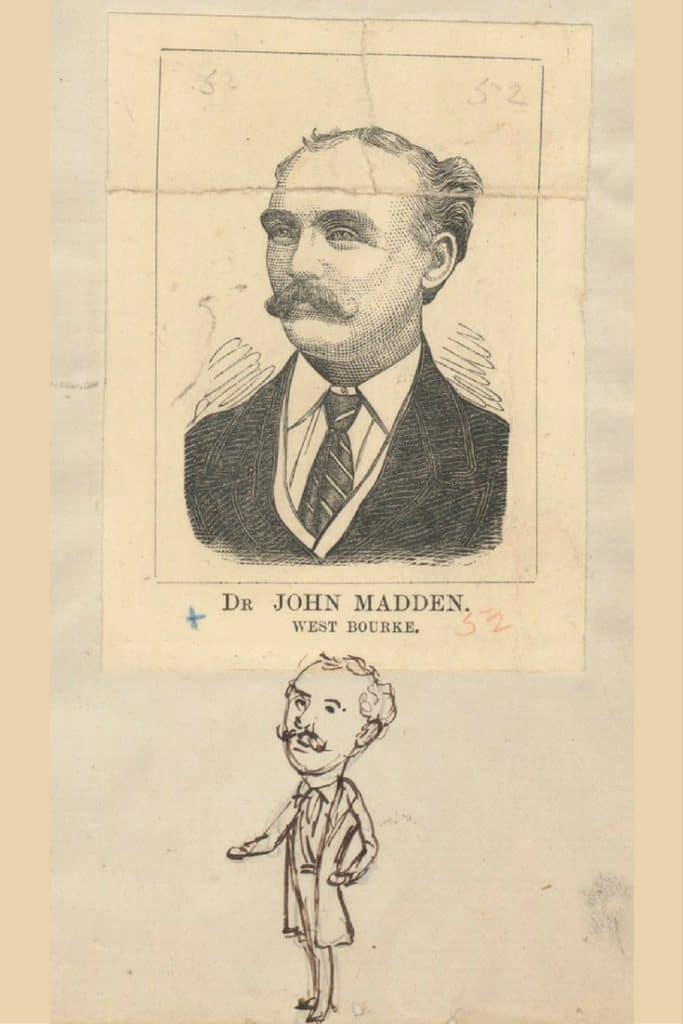
So I’m reaching the point where the next fat old white man politician who tells me he’s in politics (representative government) to do what he thinks is right is in danger. I won’t be responsible for my actions. It’s a clear violation of the foundational principles that brought said fat old white man into Parliament in the first place.
Representative Government
The ancient basis of modern democracy is that the entire population votes on issues and the majority wins. Of course, aside from Switzerland, most modern democracies find this impractical and elect representatives instead. And that gives me plenty of scope to loathe modern representational politics.
1. Representatives are in office to act on your beliefs and attitudes
Assuming you vote, you give your representatives authority to pass laws and spend your taxes on your behalf. However, the modern representational debate considers whether representation means that they are your delegate (follow your instructions) or your trustee (do what they think is best for you).
2. Representatives are there to represent you
Political parties often “parachute” promising candidates into “safe” electoral seats. They maintain offices there, but the majority continue to live at home, outside their electorates. If they don’t come from the community they represent, they don’t understand it. And if they don’t understand it, how can they adequately represent what it wants?
3. Representatives should be earnest and diligent
Your representative could be in office representing you for most of their productive life – they should at least be capable of earnestly and diligently representing you for the long-term. You may have voted along party lines assuming that the party’s position on significant issues means the positions they take on smaller ones will be acceptable to you. But these days, in Australia at least, you can’t even rely on your representative to end their term with the same party they started it with.
4. Representatives don’t keep in touch
I imagine your representative doesn’t keep in touch. Mine send intermittent glossy colour marketing materials about the “good” they are doing in the community. They leave it to the media to keep us informed about the big issues and the media rarely gives sufficient detail to motivate us to go to the trouble of writing to our representatives with opinion and instructions.
5. You can’t sack naughty Representatives
Now and again, a representative will do something so heinous that their Party expels them. Forced from the centre of power, they continue to hover malignantly in the background. Lacking scruples, they continue to insist that they are worthy representatives. The only way to make them accountable for their actions is to wait several years for the next election and vote them out.
A case in point
According to the Australian Dictionary of Biography, Dr John Madden (1844-1918) GCMG, became Melbourne University’s first Doctor of Laws in 1869. After winning the seat of West Bourke in 1874, he became a Member of the Legislative Assembly (Victorian State Parliament).
He espoused some strong opinions. Such as limiting the right to vote to property owners. And that most people weren’t sufficiently intelligent to be property owners. Oddly enough, these weren’t popular opinions, and publications including the Age and Catholic Advocate mounted a successful campaign that cost him his seat in 1875.
That didn’t prevent him retaining the office of Minister for Justice until he won the seat of Sandridge in 1876. He remained the member for Sandridge until he retired in 1883. During this time he:
- Opposed a labour bureau believing men should look for work themselves.
- Opposed Government funded aid to selectors who faced losing their mortgaged properties. (Selectors were granted the right to free selection of Crown land before it was surveyed).
- Supported the 1878 Felons Apprehension Act giving Supreme Court judges the power to declare those who did not surrender to summons as outlaws. It also permitted outlaws to be legally taken dead or alive. (It was this Act that ended in the Kelly Gang shoot-out at Glenrowan.)
- Believing a miscarriage of justice had taken place, addressed the Assembly in favour of mercy for JF Laurence who had been sentenced to death.
- Was implicated in railway fraud in 1882, but vigorously denied it.
Oddly enough, he is remembered more for his post-political judiciary career than for his achievements representing the landowners who elected him. Though I suppose as Chief Justice, acting Governor, Lieutenant-Governor, and Knight Grand Cross of the Order of Saint Michael and Saint George (GCMG) that’s fair enough.
